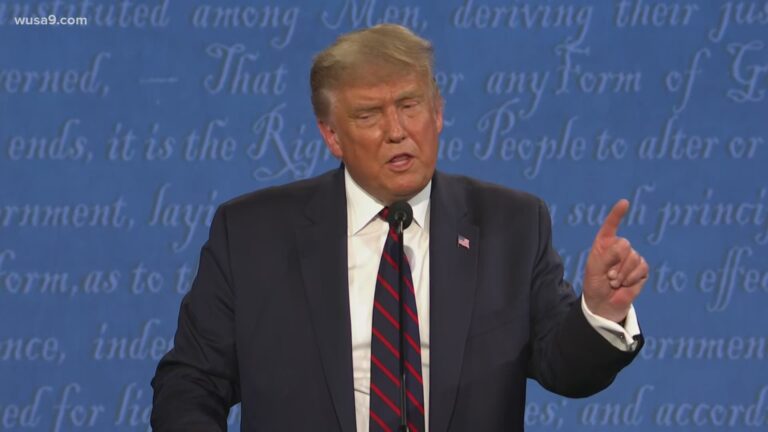
STRATEGIC ASSESSMENT- Russia demands that its security concerns regarding NATO are respected, but has neither the intention nor the capability to “contain” the US-led military bloc, former Russian President Dmitry Medvedev has said.
The official argued in a keynote article on Sunday against the notion that Russia miscalculated in its attempt to prevent NATO’s expansion into Ukraine, and caused Finland and Sweden to apply for membership. Both Nordic nations “were already in association with the alliance”, he noted.
What Russia has always called for was “not to invite into NATO the former parts of our country. Especially those with which we have territorial disputes,” Medvedev wrote. He pledged that Russia will stop “the threat” of Ukraine joining the bloc “one way or another.” Since NATO members say that a nation cannot join while being engaged in an armed conflict, “the conflict [with Ukraine] will be permanent, because Russia’s existence is at stake,” he warned.
The article detailed Medvedev’s view of the hostilities in Ukraine in the context of a wider geopolitical confrontation. According to the Russian official, Western nations are clashing with the rest of the world in an attempt to preserve their hegemony.
Medvedev, who currently serves as deputy head of the Russian Security Council, admitted to having a pessimistic view of where things are going.
“One does not need to be a prophet to realize: this phase of confrontation will… last for decades,” he predicted.
Medvedev believes that since Western nations have the goal of defeating a nuclear power, it could escalate into a civilization-ending outcome. “An apocalypse is not only possible, but quite probable,” he warned.
The only alternative is a painfully negotiated rearrangement of the global balance of power, under which Ukraine would not exist in its current form of an “anti-Russia,” he said.
“The Kiev regime must be annihilated. Banned by law as a fascist entity in civilized Europe,” he declared.
A rebalanced world order would require a new international treaty akin to the Helsinki Final Act of 1975 and likely an overhaul of the United Nations, Medvedev argued. The accords were a key element of the US-USSR detente, and outlined the signatories’ commitments to preserve peace, security and respect for human rights.







